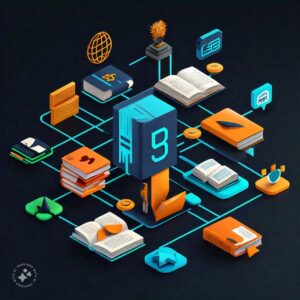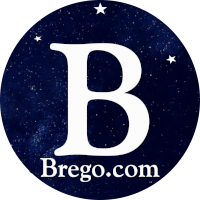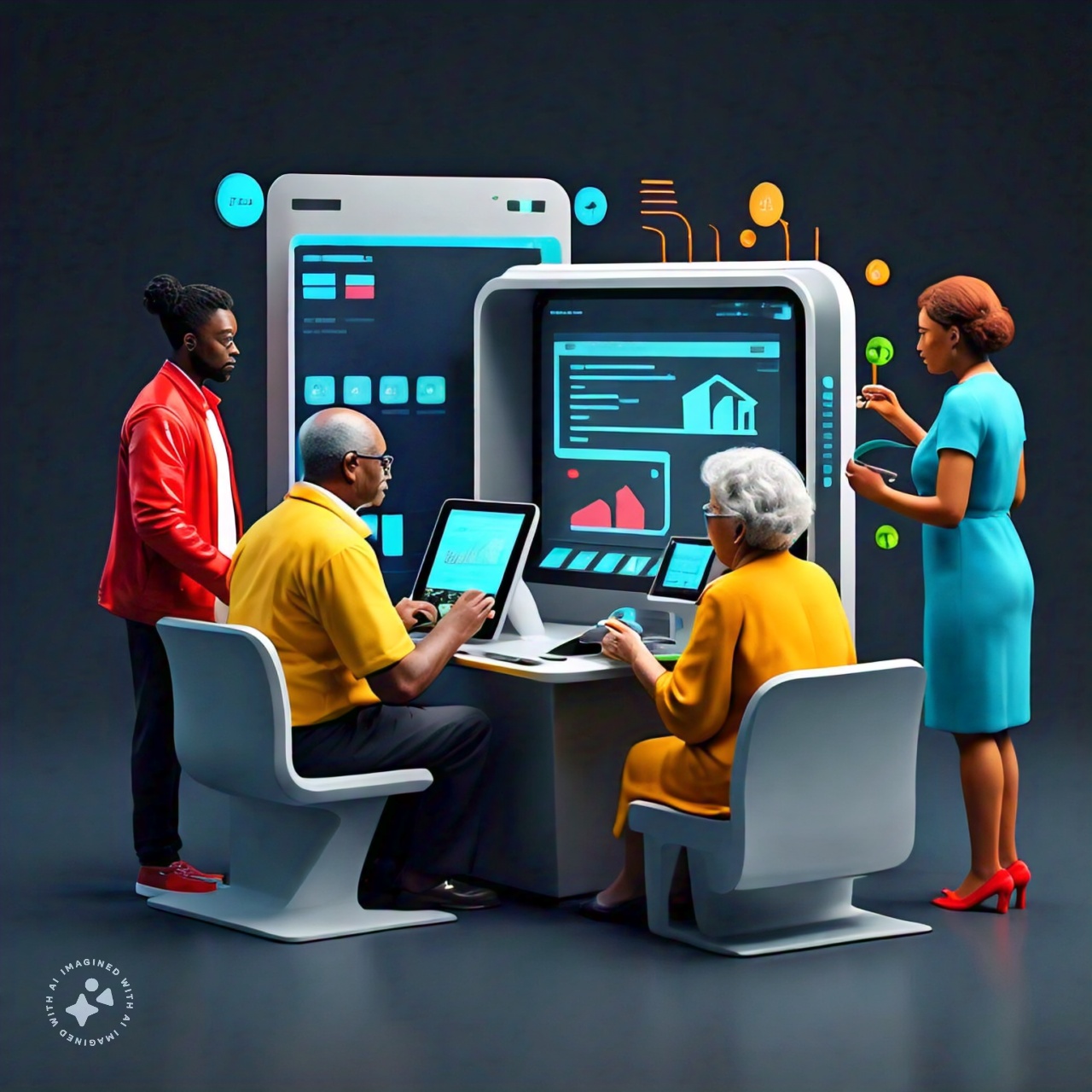 Reimagining Education: The Rise of Blockchain-Based Learning Platforms and Their Impact on Accessibility
Reimagining Education: The Rise of Blockchain-Based Learning Platforms and Their Impact on Accessibility
Syndicated article By web3programs.com
The Democratization of Knowledge
In an era where access to quality education remains a privilege for many, the advent of blockchain technology ushers in a paradigm shift that challenges traditional barriers and holds the promise of democratizing knowledge. As the world becomes increasingly interconnected, the rise of blockchain-based learning platforms presents an opportunity to reimagine education, making it more accessible, equitable, and tailored to the needs of learners worldwide.
The Blockchain Advantage
At the core of blockchain’s potential in education lies its ability to create decentralized, immutable, and transparent systems. By leveraging this technology, learning platforms can offer a secure and tamper-proof ecosystem for storing and verifying academic credentials, enabling seamless cross-border recognition and validation of qualifications.
Moreover, blockchain’s decentralized nature eliminates the need for intermediaries, reducing administrative costs and bureaucratic hurdles, thus making education more affordable and accessible to individuals from diverse socioeconomic backgrounds.
Pioneers in Blockchain-Based Education
- Disciplina: This platform aims to revolutionize the education sector by offering a decentralized infrastructure for creating, distributing, and monetizing educational content.
- Emergen Research: A non-profit organization dedicated to fostering open-source education, Emergen Research has developed a blockchain-based platform for publishing and sharing educational resources.
- BitDegree: Utilizing blockchain technology, BitDegree provides learners with the opportunity to earn digital tokens as rewards for completing courses, fostering a self-sustaining ecosystem for education.
Addressing Accessibility Challenges
One of the most significant advantages of blockchain-based learning platforms is their potential to bridge the digital divide and increase accessibility for marginalized communities. By eliminating geographical barriers and enabling global collaboration, these platforms can empower learners from remote or underprivileged areas to access high-quality educational resources.
Furthermore, the decentralized nature of blockchain ensures that education remains resilient and censorship-resistant, safeguarding the free flow of knowledge and protecting academic freedom.
Initiatives Fostering Inclusivity
- Woolf University: This decentralized platform aims to provide affordable and accessible higher education by leveraging blockchain technology and peer-to-peer learning models.
- Edunomics: A non-profit organization dedicated to promoting blockchain-based solutions for education, Edunomics is actively working to increase access to quality learning resources for underprivileged communities.
Challenges and Potential Pitfalls
While the potential of blockchain-based learning platforms is undeniable, several challenges must be addressed to ensure their widespread adoption and success. One significant hurdle is the need for robust infrastructure and technological literacy, as these platforms require a certain level of familiarity with blockchain and digital tools.
Additionally, concerns surrounding data privacy and the secure handling of sensitive information remain a critical consideration, as educational records often contain personal and sensitive data.
Moreover, the decentralized nature of blockchain-based platforms may pose regulatory challenges, as traditional educational frameworks and accreditation systems may need to adapt to accommodate these innovative models.
Reputable Sources and Further Insights
To provide a well-rounded perspective on this topic, we’ve consulted the following reputable sources:
- Inside Higher Ed – This article delves into the potential of blockchain technology to revolutionize digital credentialing and academic record-keeping, highlighting both the benefits and challenges associated with its implementation.
The article’s core thesis emphasizes the need for educational institutions to embrace emerging technologies like blockchain to ensure the integrity and portability of academic credentials in an increasingly digital world. It underscores the importance of addressing issues related to data privacy, interoperability, and institutional buy-in to facilitate the successful adoption of blockchain-based credentialing systems.
- Forbes – This piece explores how blockchain technology can contribute to making education more accessible and affordable, particularly for marginalized communities and developing nations.
The article’s central argument revolves around the potential of blockchain to disrupt traditional educational models, reduce administrative costs, and facilitate cross-border recognition of qualifications. It highlights initiatives aimed at leveraging blockchain to create decentralized learning platforms and foster financial inclusion through tokenized incentives and micro-payments.
- ResearchGate – This research paper delves into the applications of blockchain technology in the education sector, examining its potential impact on various aspects, including credentialing, intellectual property management, and decentralized learning environments.
The paper’s central thesis emphasizes the transformative potential of blockchain in addressing longstanding challenges in education, such as ensuring the authenticity of academic records, protecting intellectual property rights, and facilitating peer-to-peer learning. It also highlights the need for further research and experimentation to address issues related to scalability, privacy, and regulatory compliance.
The Takeaway
As the world continues to grapple with the digital divide and the persistent barriers to accessing quality education, blockchain-based learning platforms present a compelling solution to reimagine the educational landscape. By leveraging the decentralized, transparent, and immutable nature of blockchain technology, these platforms hold the potential to democratize knowledge, foster inclusivity, and empower learners worldwide.
However, the path to realizing this vision is not without its challenges. Addressing issues related to technological literacy, data privacy, and regulatory frameworks will be crucial for the successful adoption and scalability of these innovative models.
Ultimately, the rise of blockchain-based learning platforms represents a paradigm shift – one that challenges traditional educational structures and invites us to reimagine the ways in which we disseminate, access, and validate knowledge. As we navigate this transformative era, it is essential to embrace a collaborative and inclusive approach, ensuring that the benefits of this technology are accessible to all, fostering a more equitable and empowering educational ecosystem.




















